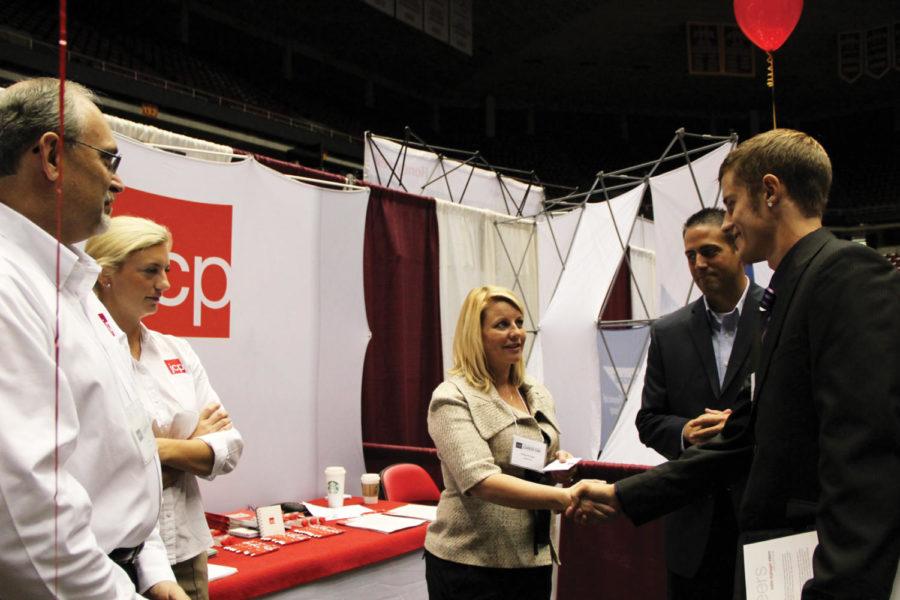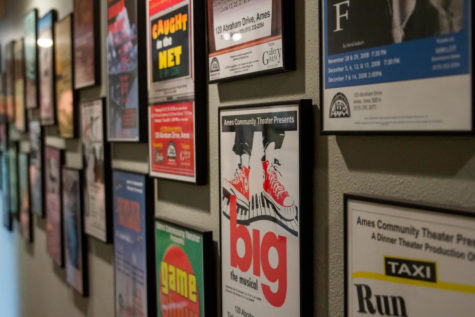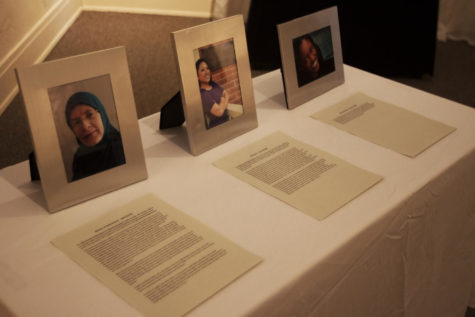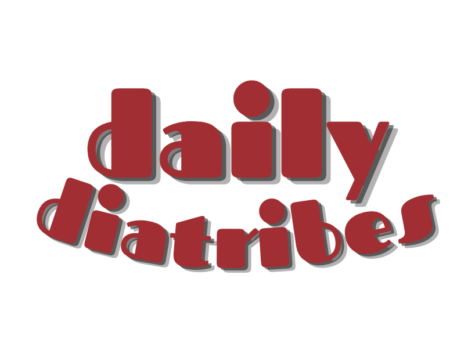Networking helps business students find jobs
Photo: Emily Harmon/Iowa State Daily
JC Penny was in full force talking with Bryant Johnson, sophomore in pre-business, at the Business, Liberal Arts and Sciences, and Human Services Career Fair on Wednesday, Sept. 28, at Hilton Coliseum. JC Penny is a retail store with a multitude of products, and looks to Iowa State for hirees, especially considering the design skills learned here, according to a JC Penny representative.
February 6, 2012
Professional networking has become a sort of norm for business students trying to build relationships with people in their industry. While it has become easier due to the Internet and its social networking capabilities, the idea itself is often misconstrued for something else.
Tammy Stegman, career coordinator for marketing and management, said networking isn’t just about finding a job, but about forming relationships.
“Students should talk to employers about what their interests are and how they would fit in,” Stegman said. “So when the same recruiters come back each year, they have something to build on.”
Even though students’ only goal shouldn’t be focused primarily on finding a job, networking is a crucial aspect of securing employment, even more so now than it used to be. A survey by the U.S. Bureau of Labor showed that 60 to 80 percent of job-seekers find jobs through networking, while only 2 percent find employment by just sending out resumes.
With the creation of social media sites such as LinkedIn, students are able to network both face to face and online. LinkedIn allows members to create a professional profile that includes a resume. Members can also make contacts with other students in their major and professionals in the industry.
Lauren Oltmann, junior in marketing, created her own LinkedIn profile and has been to the career fair four times to network. She said that she has found that having a resume filled with career-related and volunteer experience speaks volumes more than just a high GPA.
“I think a lot of employers are looking at more than just your GPA,” Oltmann said. “You need to show that you’re involved with other things too.”
Isaiah Villalobos, junior in supply chain management, said he also agreed that it’s good to know a lot about your industry of interest.
“Being confident in yourself and knowledge of your field is really important,” Villalobos said. “If you know what you’re talking about to professionals, it will make the conversation become more relaxed, which helps show your real personality if you’re comfortable with the person you’re talking to.”
Villalobos also said it’s important to take advantage of the services offered by the College of Business. Career Services help students prepare for the real world by hosting mock interviews, lectures on the importance of networking and workshops on resumes.
In preparation for the Career Fair, the College of Business Career Services is hosting a series of lectures and workshops so students feel confident when networking. Stegman said it’s these kinds of things that will help students be successful in the future.
“It’s a variety of things,” Stegman said. “Students need to attend events, know how to network and just take advantage of learning how to be successful in a professional industry.”

















